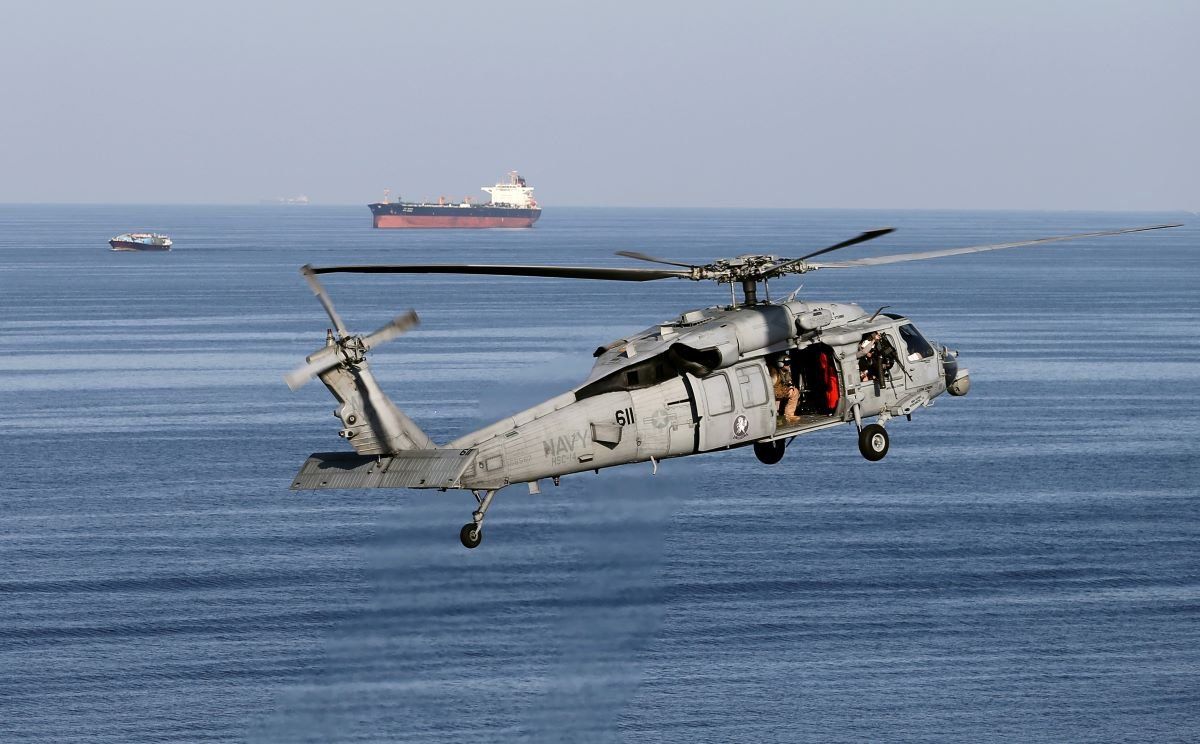What We’re Watching: Oil prices decline, Taiwan prepares for elections, Germany commits to remilitarization
Oil prices… drop?
After briefly surging past $80 per barrel on Monday morning in response to US strikes on Iran’s nuclear facilities,Brent crude prices had plunged to below $66 by late morning on Tuesday. It’s a clear signal that markets are betting for now that the Israeli-US war with Iran is winding down, and that threats to oil exports from the region have subsided for now. That’s a worrying sign for oil exporters, like Russia or Saudi Arabia, that want a higher price, but it’s reassuring for major importers, like China, that need oil prices to remain lower.
Unite Taiwan?
On July 26, 24 members of the opposition Kuomintang (KMT) will facerare recall votes in their electoral districts, and losses could strip the party of its majority in Taiwan’s national legislature. To boost the odds of that flip, President William Lai has launched a “Unite Taiwan” campaign that will include ten speeches, the first of which emphasized that “of course, Taiwan is a sovereign state” and that its people must unite to repel increasingly assertive military threats from China. A belligerent response from Beijing in coming weeks, probably including a further intensification of military exercise around and above Taiwan, looks all but certain.
Germany’s military surge
On Tuesday, Germany’s finance minister detailed budget plans that will push the country’s defense spending higher by a jaw-droppingtwo-thirds within four years. It’s the latest evidence that threats of future Russian aggression and strategic US retreat from Europe’s defense create urgency behind Berlin’s plans to build the continent’s most powerful military. Will this boost prod France, Britain, and Poland to further increase their own defense investments?
